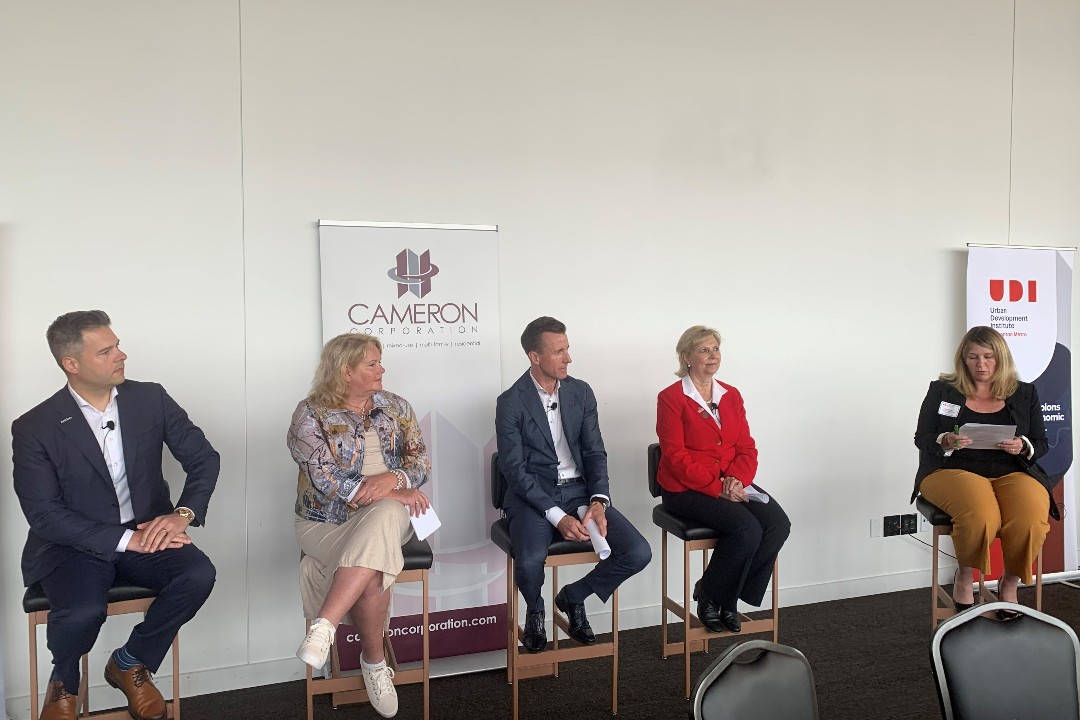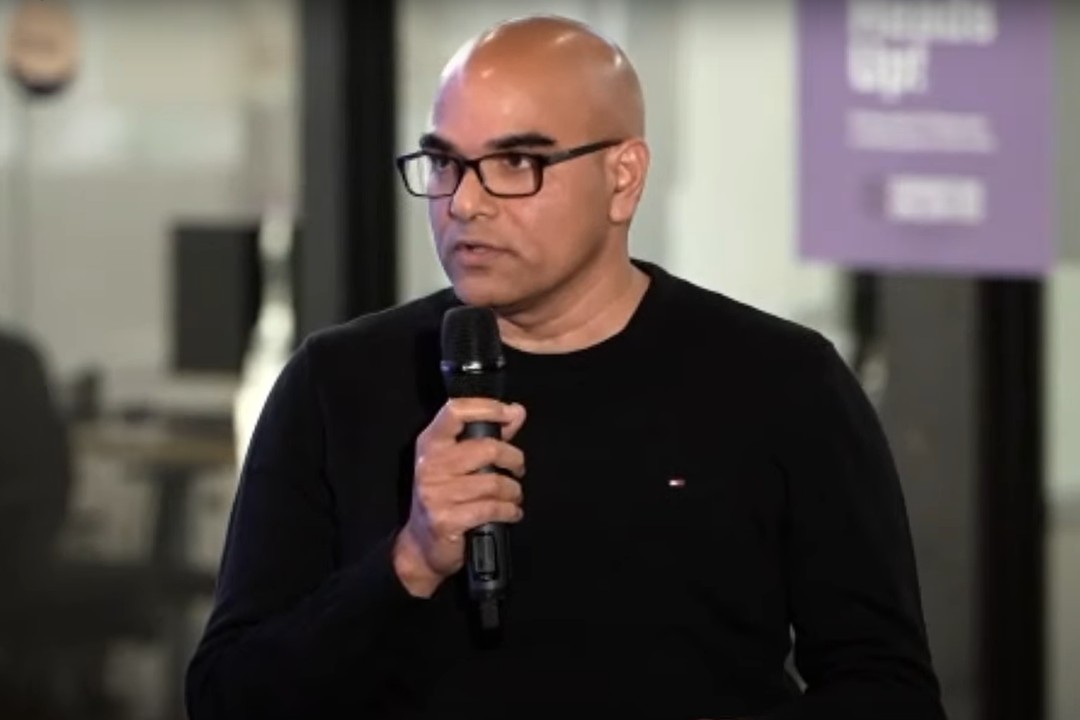
More density sought to accommodate regional growth
The metro region is going to need more multi-unit housing, not only in Edmonton but also in the surrounding municipalities, to accommodate expected population growth, a panel discussion on land development heard on June 15.
"It's going to be harder and harder to meet the needs of a growing number of people," real estate developer Paul Lanni said at an event launching the new State of Growth report from the Urban Development Institute — Edmonton Metro and the Edmonton Metropolitan Region Board. "The real opportunity is innovation and recognizing that, as much as it is quite controversial, the traditional 50-foot lot is probably dead in the region."
The report, which looks at land development trends and demographics in the 13 urban and rural municipalities that belong to the EMRB, projects that the region will attract a million new residents and 470,000 jobs in the next 25 to 30 years.
Lanni, the president and CEO of Averton, told Taproot that while municipalities surrounding Edmonton may be reluctant to stray from single-family detached housing, this is key to developing desirable communities that integrate residential, commercial, and industrial property.
"We have to look towards other forms of design, but still do it in a way that doesn't compromise the future of scale, which takes a certain approach," he said on the panel at the Royal Glenora Club. "I think we're going to continue to see pressure on higher densities, and how we do that and how we get ahead of that today is going to make a big difference."
A lot is asked of municipalities when it comes to absorbing population growth, and provincial and federal governments ought to share some burden, Fort Saskatchewan Mayor Gale Katchur said during the discussion.
"(If) somebody else invites 100,000 or a million people into your region, the responsibility shouldn't just be downloaded to the municipalities," she said. "The housing doesn't actually pay for the taxes and the services and recreation and everything that goes with it… I think it's time for us to go back and start our lobbying and advocacy (to other orders of government) and say, 'Oh, it's great that you're inviting these people here. But on the same side, we can't continue to pass these costs on to our taxpayers, and even to the developers.'"





